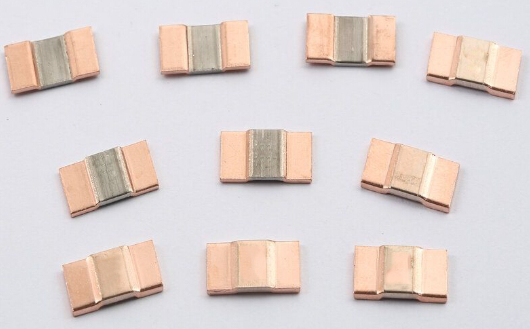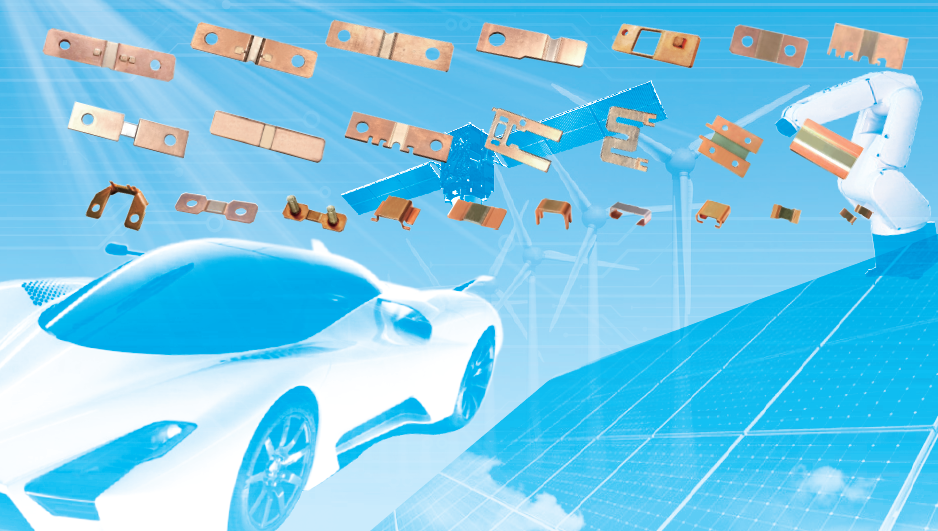Thanks to Microhm Electronics' precision welding technology, they deliver a high rated power of 6 watts coupled with an ultra-compact form factor of 6.5x3.25mm. Their resistance range covers 0.3-5.0mΩ. The resistance tolerance is specified with F (±1%). The operating temperature range is -55 to 170°C.

The MMS2512 is a suitable solution for automotive and industrial applications as well as many other areas with high requirements in terms of performance and size. These include for example on-board chargers, electronic compressors and EPS in motor vehicles in addition to UPS and base stations.
Shunt resistors are widely used in the automotive and industrial sectors for measuring current in high power applications. Due to the increasing demand for electric vehicles and the need to provide greater safety and efficiency, the automotive sector is seeing a shift towards computerisation and electro-mechanical systems.
This has led to an increasing number of small motors and ECUs being used in the vehicles, which in turn drives up the demand for compact shunt resistors that can support higher power. To cater to this demand, Microhm Electronics has expanded its MMS2512 of high power low-resistance shunt resistors.

Supposedly excellent temperature coefficient of resistance - even in the ultra-low resistance region. Generally, the lower the resistance, the higher the temperature coefficient of resistance (TCR). In line with this, Microhm Electronics used a high-performance alloy as a high-resistivity metal, which the company claims to ensure superior TCR, even in the ultra-low resistance region.
The latest version is currently available with resistances from as low as 0.3mΩ, thus facilitating a range of applications.











